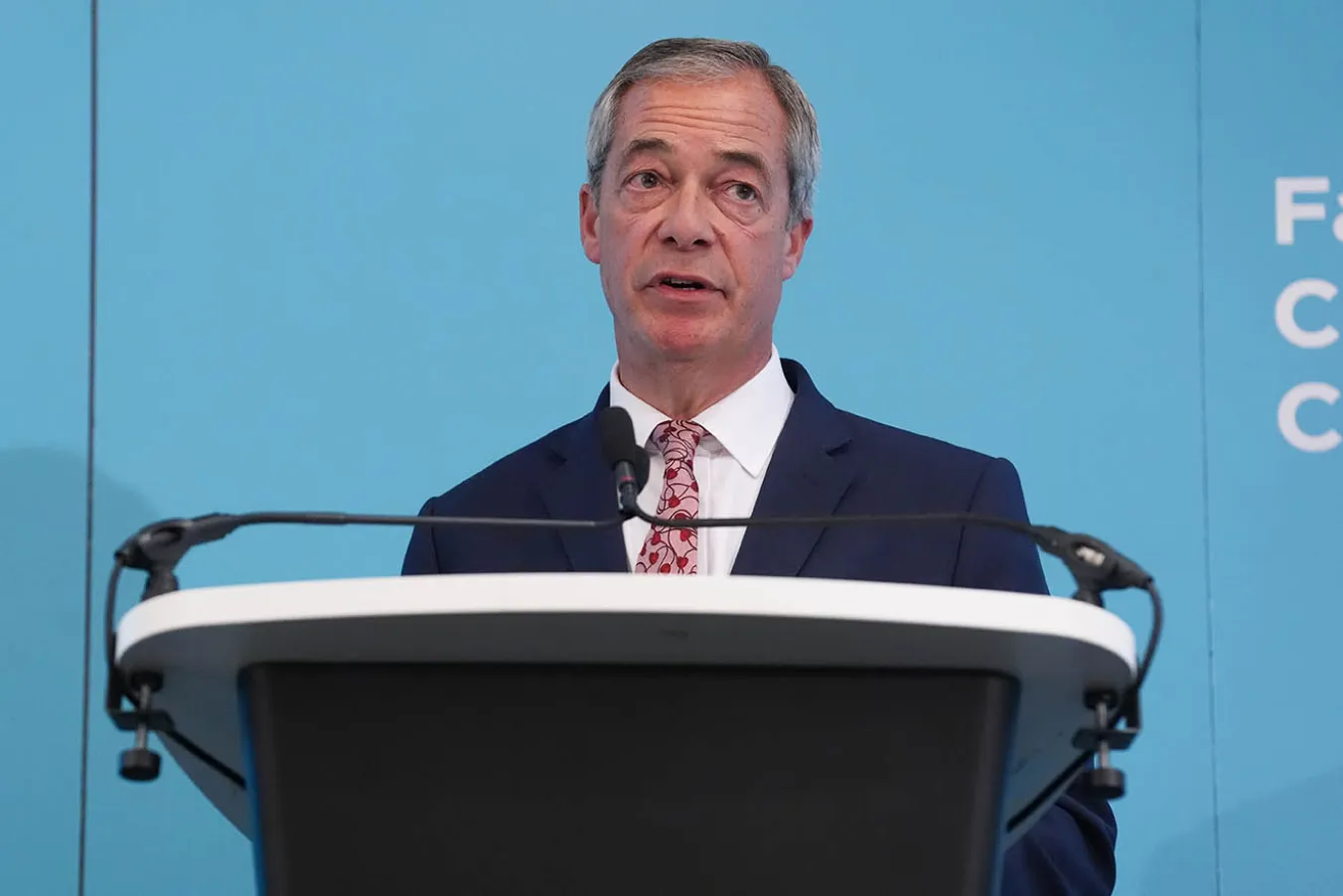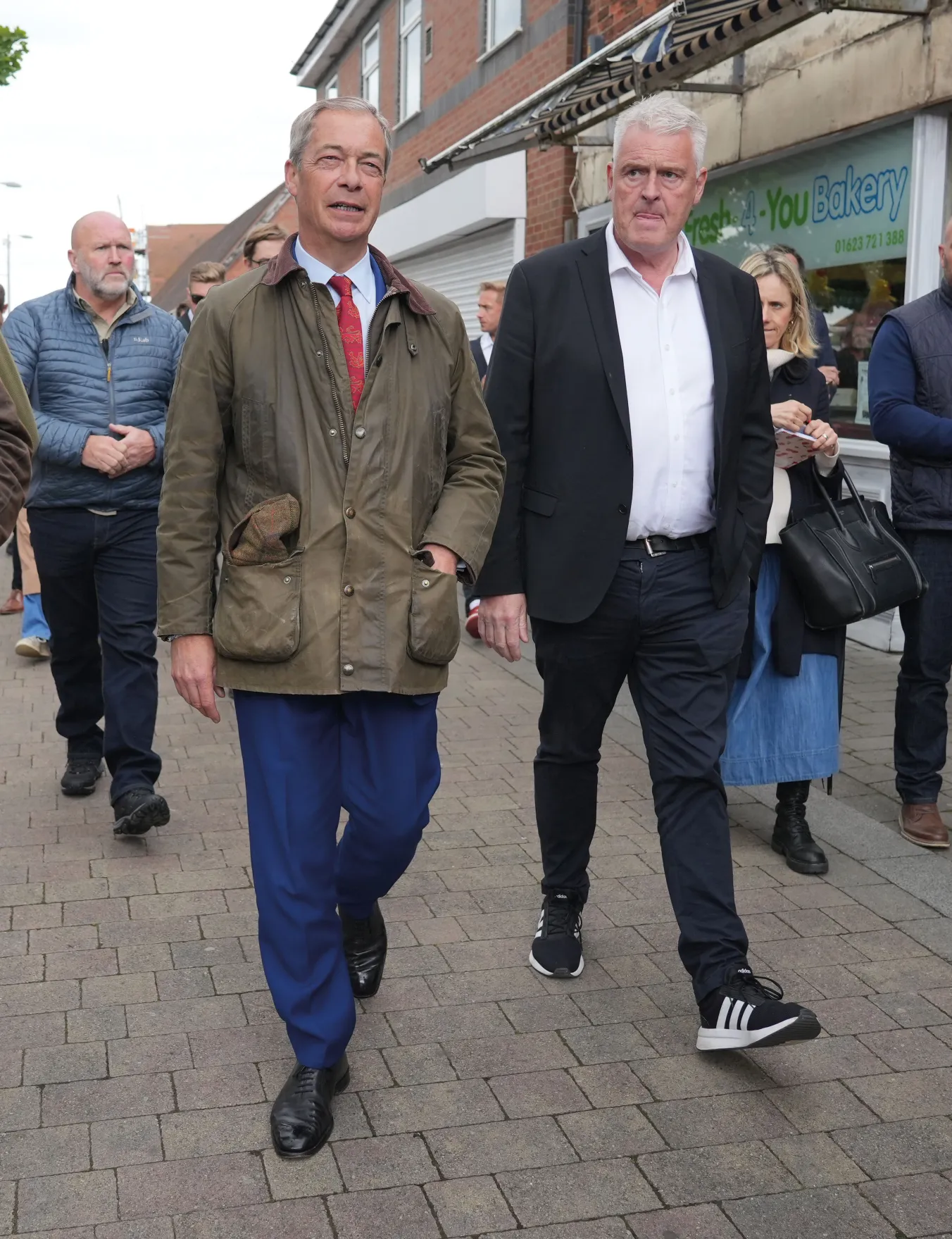
IN JULY, Nick Wright and I wrote a pamphlet on Reform UK. It was the first analysis of this party to emerge from within the labour movement. In the process of writing, some of what we discovered surprised us.
There were the obvious surface symptoms of a party with its roots in Ukip and the Brexit Party, not least the racism and a two-faced approach to its core beliefs and public statements.
In my last feature, I was able to demonstrate that Reform UK is very much a class-based political force. It was rooted in a division within the capitalist class that emerged after 1945, with those who looked to the EU to reinforce its ranks weakened in the struggles of the 1960s and ’70s with the unions.
Reform UK champions that section which looked to neoliberalism, the leadership of the capitalist world by the US, but which also included a sizeable economically landlocked grouping of small and medium-sized businesses. There was, too, the residual stench of Thatcherism with its suspicion of foreigners, hatred of unions and belief that the profit system solved all problems.
Reform UK enjoyed a breakthrough in the last general election in a way that Ukip and the Brexit Party could barely dream of. Indeed, the undemocratic first-past-the-post system hid a much bigger layer of support, still regionally concentrated but extending to working-class voters and Britain’s smaller market towns.
Reform UK generally draws its strongest geographical support from areas in northern England, the Midlands, and certain coastal and rural regions. These areas often have populations that feel economically and politically marginalised.

















